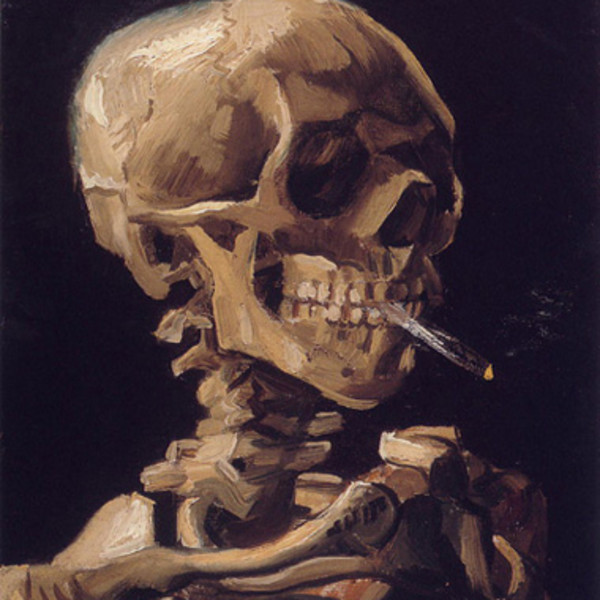In this series:
Peter Rollins and the Deception of Living in the Moment

Lately I've been reading Peter Rollins, and in doing so, have become very suspicious of anything that might provide a false sense of security.
Like every being or creature, we naturally resist change. We attempt to maintain the status quo to protect our own sense of stability and security. But life is change, and everything we do to hide this from ourselves is self-deception, a shrinking from reality, and an embracing of death.
That does not mean that those who say they are for change are in a better position. We say and believe many things about ourselves, only to contradict them in our actions. As Rollins would point out, the truth is in the material reality of what we do. And often, the very act of saying we are for something, is what allows us to most effectively hide from it.
It is in this regard that I wonder about the statement "live in the moment". This is the go-to idea of many types of spirituality, the call to avoid speculations and imaginings and deal with the world as it is. While I don't have any problems with that idea as it stands, I wonder if the way in which it is interpreted and applied today isn't often an attempt to hollow out a sort of stasis within the storm of change, an assertion that here we have a core identity that lies untouched while everything is burning around us.
That sounds really nice. But the danger is that in doing so, we have created ourselves an idol, a way of ignoring the world in favor of our little cubbyhole of identity. While saying we are all for change, we are selling something which tells us that change doesn't really matter, that the things around us, and the moment we are in, are actually insignificant compared to our little "in-the-moment" world.
Really living in the moment, on the other hand, means dealing with the recognition that every moment is different, that this moment is not the same as the last. It does not look for stasis, because stasis is not to be found, and should be rejected even if it is was. It means, above all, that the things around us are what really deserve and demand our attention.
In a way, living in the moment requires that we abandon our moment, in order to live in the world.
Peter Rollins and Insurrection: